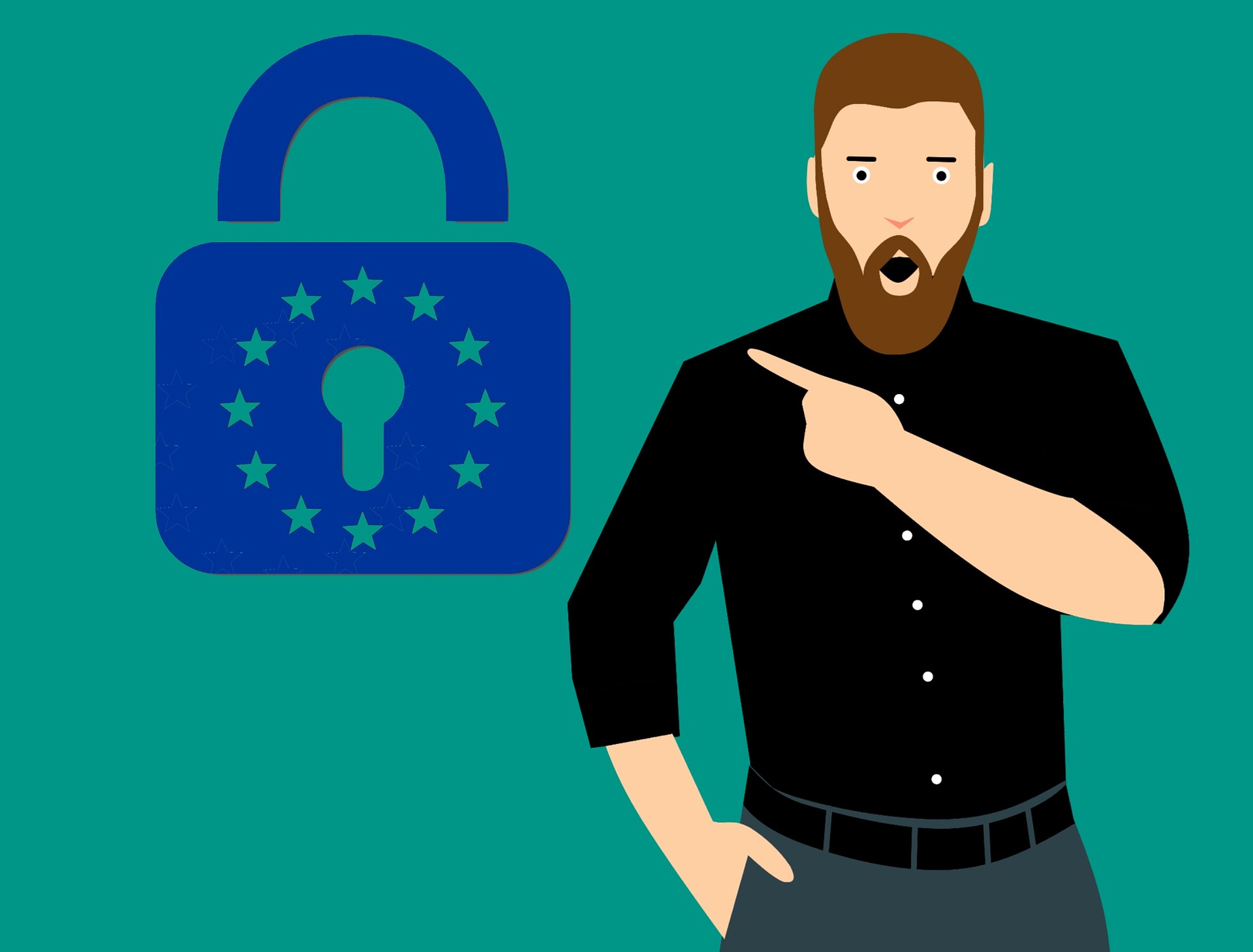As you work hard to build your business, criminals are also hard at work trying to steal your hard-earned money. This is human nature at work and may not end anytime soon. Instead of hoping no one comes at you, you can instead choose to be proactive in protecting your business from criminals.
Did you know, for example, that the ACFE found that businesses with fewer than 100 employees are more vulnerable than larger companies? This is because larger companies tend to have policies in place to deter fraud. The study also found the median loss from fraud alone to be $145,000.
The loss for small companies with less than 100 employees was even higher with a median annual loss of $155,000. To take your business’s security matters into your hands, read on to discover three ways you can protect your business from criminals, both within and without.
Remote Surveillance
Remote surveillance has risen to be a key crime deterrent both in business premises and streets at large. The security feature works by installing surveillance cameras across your business premises to monitor what happens both during the day and at night. The live feed is monitored by a security partner with trained security professionals.
If they note any suspicious activity, they can manipulate the cameras remotely, either zooming in or panning, to get a better view. They can also capture stills that can be used to trace criminals. Besides stills, most remote surveillance solutions today back-up footage to the cloud allowing for unlimited backups of recordings.
IP cameras also make it difficult for criminals to “cut the feed” as there are no wires to cut. To find out more about how remote surveillance can help you protect your business, read The Ultimate Guide to Remote Surveillance for Businesses in 2018.
Access Control
Employing strict access control protocols at your business can help you prevent criminals from gaining access to critical information or materials. Most thefts occur when there is a failure or breach of access control protocols protecting a business.
This happens when there is either a lapse in maintaining access control, or there is a brute force attack on the facility. Access control should be implemented at physical locations through biometric and other sophisticated access control tools. Digital access control should involve rigorous password protocols and biometrics if possible.
Training employees on how to maintain vigilance when accessing business assets can also help prevent critical failures in access control. By preventing the easy access to your business or digital properties, you can make it difficult for criminals to steal from you.
Encryption
As an added layer of security, you should also include encryption algorithms to hide crucial information. For example, someone accessing your banking or accounting records can use this access to manipulate and falsify records to commit fraud.
If this information is encrypted and only a limited number of people provided decryption keys, you can keep a tight leash on who has access to critical information. Encrypting employee files can also prevent unwarranted access by third parties.
Implementing strong data encryption guidelines at your business can deter hackers and other nefarious actors from infiltrating your business. Even if they do, they will find encrypted information that they will not be able to use against you.
As a business owner, security should be your top priority. Whether you are running a low tech business such as a grocery store, or a high tech business such as banking software development shop, losing out to criminals translates to loses and a tarnished name that could lead to further loses when customers avoid your business for its lack of security.
